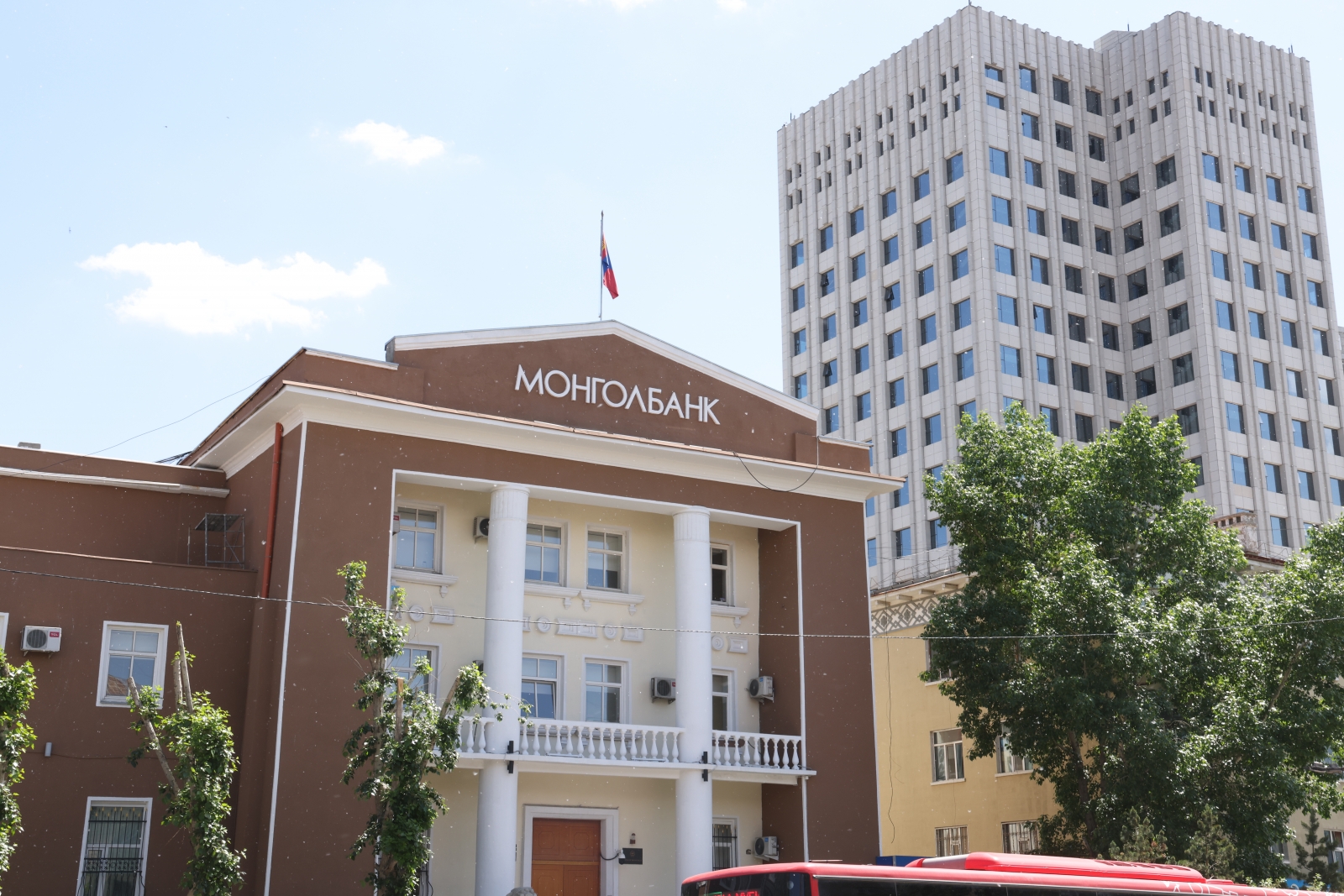Mongolia’s banking sector has entered one of its most transformative decades. With digitization reshaping customer experience, regulatory reforms modernizing risk management, and foreign investments expanding financial infrastructure, the demand for experienced leadership talent has never been higher.
From commercial banks and fintech innovators to investment and development banks, Mongolia’s financial institutions are seeking not only competent executives but also visionary leaders who can navigate global standards while understanding local realities.
This blog explores how Mongolian banks attract, develop, and retain top leadership talent — and what professionals can learn from this evolving market.
The Changing Face of Mongolia’s Banking Industry
The Mongolian banking sector has grown from a small, state-dominated system in the 1990s to a competitive financial ecosystem today. Leading institutions such as Khan Bank, Golomt Bank, Trade and Development Bank (TDB), and XacBank have transitioned toward digital-first strategies, aligning with international governance and compliance standards.
Key trends shaping leadership needs include:
Digital Transformation: Banks are shifting to mobile-first ecosystems and AI-driven services.
Corporate Governance: Regulators emphasize transparency and risk-based management.
Sustainability and ESG: International lenders demand ESG alignment for credit and partnerships.
Globalization: Mongolian banks are expanding cross-border partnerships, requiring leaders fluent in both business and diplomacy.
These shifts mean the traditional “bank manager” profile is no longer sufficient. The modern Mongolian banking leader must blend finance, strategy, innovation, and people leadership.
Why Leadership Talent Is Critical to Banking Growth
Leadership defines institutional stability. In Mongolia, where the financial sector directly affects national economic health, executive talent plays an outsized role.
A strong leadership bench brings:
Strategic Continuity: Ensures long-term growth despite market volatility.
Regulatory Confidence: Builds trust with the Bank of Mongolia and international lenders.
Innovation Culture: Encourages digital adoption and new business models.
Talent Retention: Inspires the next generation of finance professionals.
Banks with visionary leaders weather crises better — a lesson proven during economic slowdowns and liquidity challenges over the past decade.
Challenges in Attracting Banking Executives
Despite growing demand, attracting leadership talent in Mongolia’s banking sector presents real challenges:
Limited Executive Pool: The country’s labor market is small, and proven financial leaders are few.
High Turnover Pressure: Competitive offers from fintechs, global firms, and development institutions lure executives away.
Generational Gap: Senior managers may have traditional expertise but lack digital agility.
Perception Issues: Some skilled Mongolian professionals abroad hesitate to return due to market uncertainties.
These issues make recruitment for leadership roles both strategic and delicate — requiring a deep understanding of the market’s nuances.
How Mongolian Banks Attract Leadership Talent
Competitive Compensation and Incentives
Executive salaries in Mongolia’s banking industry have increased steadily. While mid-level managers may earn ₮4–6 million per month, senior executives and C-suite leaders in major banks command ₮15–30 million, plus performance bonuses and housing or education allowances.
However, compensation alone doesn’t attract leaders. Top professionals seek meaningful impact, governance autonomy, and innovation-friendly cultures.
Leading banks now offer:
Long-term incentive plans linked to institutional performance.
Opportunities to lead digital transformation programs.
Involvement in regional or international strategic projects.
Professional Development and International Exposure
Many banks have established internal academies or partner with international training institutions.
For example:
Executive exchange programs with financial centers in Singapore or Seoul.
Collaboration with global consultancies for leadership coaching.
Scholarships for MBAs and executive education at global universities.
This global exposure not only improves competence but also positions Mongolian banking leaders on par with regional peers.
Employer Branding and Values
Today’s leaders want to be part of organizations with clear purpose and ethical governance.
Mongolian banks increasingly highlight:
Sustainable banking initiatives.
Support for SMEs and local communities.
Gender equality and youth mentorship programs.
Such commitments build emotional loyalty — especially among rising leaders who value purpose over prestige.
Partnership with Executive Search Firms
Executive search firms, like Higher Careers, play a central role in connecting banks with the right leadership talent.
They:
Identify passive candidates not visible through traditional channels.
Assess leadership potential using psychometric and competency frameworks.
Advise on market-competitive compensation and employer branding.
Ensure confidentiality in high-level transitions.
In a market as compact as Mongolia, professional recruitment partners bridge trust and talent, giving banks an advantage in both speed and quality of hire.
The Role of Fintech in Redefining Leadership Demand
Fintech has disrupted traditional banking hierarchies. Companies like LendMN, HiPay, and Pocket are creating new expectations around agility, data-driven decision-making, and user experience.
As banks respond, they increasingly recruit:
Chief Digital Officers (CDOs)
Chief Transformation Officers (CTOs)
Data Strategy Leads and Innovation Heads
Leaders must now balance regulatory compliance with technological innovation, a dual challenge requiring multi-domain expertise.
Emerging Leadership Skills in Mongolia’s Banking Sector
Strategic Agility
Executives must make fast, informed decisions amid regulatory and market volatility.
Technological Literacy
Digital banking is no longer an IT issue — it’s a boardroom priority. Leaders who understand AI, cybersecurity, and data ethics are in highest demand.
People Leadership
Younger professionals expect coaching-style management, open communication, and flexible work structures.
Cross-Cultural Competence
As banks expand partnerships across Asia and Europe, leaders must manage multi-cultural teams and foreign stakeholders.
Resilience and Ethics
Trust remains the most valuable currency in banking. Leaders with strong moral compasses are indispensable.
Opportunities for Mongolian Professionals
The evolving banking landscape offers abundant opportunities for both domestic and returning expatriate professionals:
Leadership roles in compliance, finance, and innovation.
Cross-sector opportunities in fintech and investment management.
Advisory and board positions for experienced professionals.
With the right upskilling — particularly in digital finance and ESG governance — Mongolian executives can compete regionally.
The Future of Banking Leadership in Mongolia
By 2030, Mongolia’s banking industry will be even more connected to regional financial systems.
Leaders will need to:
Navigate cross-border investments.
Manage hybrid workforces and digital ecosystems.
Integrate AI-driven decision tools with human judgment.
The institutions that invest in leadership today — through executive search, coaching, and succession planning — will define the next generation of Mongolian banking excellence.
How Higher Careers Supports Leadership Recruitment
At Higher Careers, we work closely with Mongolia’s financial institutions to identify, assess, and place leadership talent capable of steering complex transformation.
Our consultative approach ensures:
Market-aligned compensation structures.
Cultural and organizational fit.
Long-term leadership succession planning.
In a rapidly changing financial world, leadership is the differentiator — and strategic recruitment makes it possible.
Mongolia’s banking sector stands at a crossroads between legacy and innovation. Attracting and retaining top leaders requires not just higher pay but strategic alignment with purpose, people, and progress. As digital transformation accelerates and global integration deepens, those who invest in leadership capacity today will own Mongolia’s financial future tomorrow.


